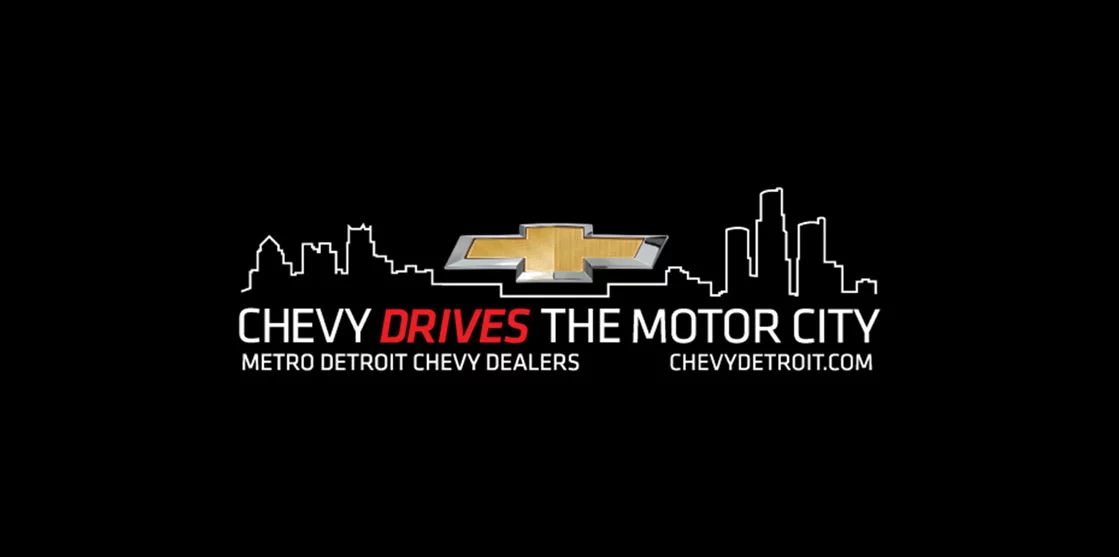Adventure starts with a vehicle that’s up for anything. Trailblazer combines comfort you want, the versatility you need, and the technology to make every moment count.

These days, almost everyone knows somebody who’s looking for a job, and many of those people work with recruitment firms specializing in everything from information technology to administrative professionals.
But one local start-up has a unique focus. Big Tent Jobs, based in Southfield and founded in March 2011, works only with candidates with disabilities.
Why seek disabled candidates when able-bodied citizens are clamoring for work? Because of their unique qualifications and skills, said Adam Kaplan, Big Tent founder and CEO.
There are 30 million employable Americans with disabilities – about one-fifth of the population, Kaplan said – with backgrounds in finance, information technology, engineering and other desirable fields.
“There’s no good business case for keeping 20 percent of the market out of your recruitment efforts,” Kaplan said on a recent episode of “A Wider World,” a Detroit Public Broadcast System program.
Through Big Tent, Kaplan allows employers access to a pool of candidates they wouldn’t have access to otherwise. His candidates are all college-educated and have expertise in information technology, engineering, finance, management and other fields. These skilled employees often do not make it to the interviewing process because they’re too intimidated by it, or they do interview, but their disabilities initially remain hidden from employers, Kaplan said.
Kaplan, who has 15 years of business experience and a Master’s Degree in Business Administration, said being transparent about candidates’ disabilities enables employers to focus more on what they can bring to companies.
For example, Chelsea resident Bill Hintalla holds an MBA from Purdue University, has upper management experience and is an engineer with relevant certifications. He went blind in one eye six years ago and found himself out of a job and unsure of how to bring his disability up to prospective employers.
“You don’t want to tell them,” Hintalla said. “I’ve got all the tickets. I can handle the interview, but when it comes to taking the physical, it’s very intimidating.”
Big Tent gets those disabilities on the table early on, so they’re out of the equation during the interview process, Hintalla said.
Kaplan’s enthusiasm and persistence impressed Hintalla, he said. “Once people find out about our disabilities, they usually shun us. I’ve never met a recruiter who wanted to work with people with disabilities.”
On the other side of the equation, there are plenty of companies that want to hire people with disabilities, Kaplan said. They’re interested in diversification, consumer appeal (87 percent of people prefer to work with companies who’ve hired the disabled, Kaplan said) or they just want to do the right thing.
Before Big Tent, there wasn’t a great way to access talented employees with disabilities, Kaplan said, explaining that there are job boards and service agencies, but not many firms that work with college-educated people with disabilities.
Kaplan’s candidates have disabilities ranging from visual and hearing impairments to those who use wheelchairs, and almost all of them know exactly what accommodations they might need to do their job, Kaplan said. In fact, about half of those accommodations don’t cost the company anything, and the average cost is $500 – a small price to pay for hiring the right employee.
October is National Disability Employment Month, which officially began in 1988 but has roots back to 1945, when it was called National Employ the Physically Handicapped Week. Find out more about National Disability Month at www.dol.gov/odep/topics/NDEAM.htm.
For more information about Big Tent Jobs, visit www.bigtentjobs.com.


